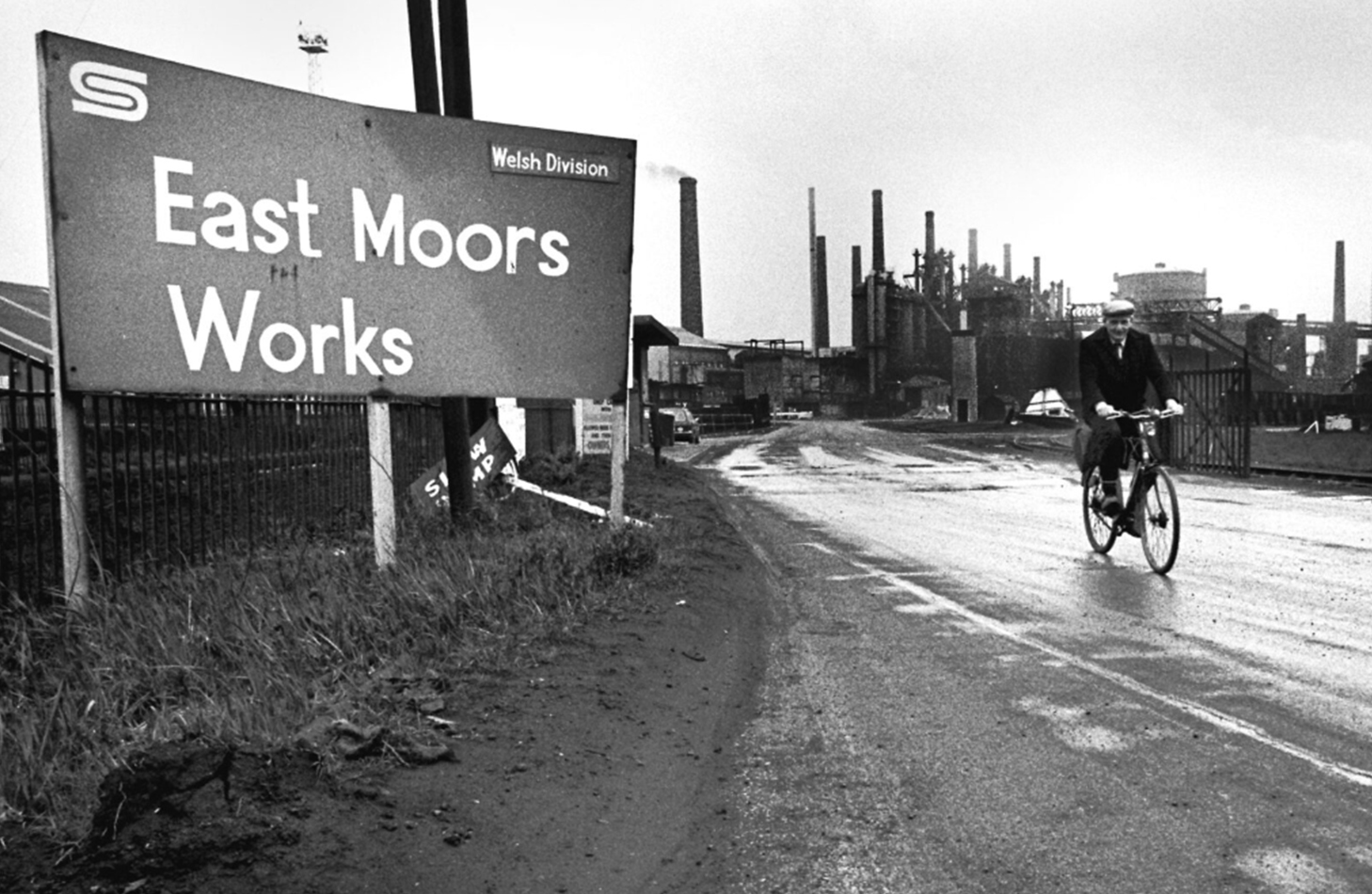‘It’s important that we capture and curate our history, before the memories of individuals are lost forever’
RESIDENTS in Splott are being asked to share their top 50 memories of the area to produce a pocket museum.
Splott Community Volunteers want to learn about historical things, places, people, and events to create a deck of cards containing memories of the area.
“Splott has a rich history that we’re hoping to delve into and make more accessible to residents through the pocket museum,” said Lynne Thomas, project manager at Splott Community Volunteers.
Each card will have a photo, with a description below of its contents and the history relating to Splott. A virtual museum will be housed on the Inksplott hyperlocal website.
“The cards are a way of connecting a community with their collective story and provide a bond to bring people together,” said Andy Green, director of Grow Social Capital, a social enterprise project.
The cards can be turned into a game but their main role is to capture the heritage of Splott, said Mr Green.
A catalogue of ideas has been produced to help people understand the type of items the project is looking for. Suggestions include Splott’s part in the war effort, sports clubs over the years and locally-born celebrities.
“It’s important that we capture and curate our history, before the memories of individuals are lost forever,” said Ms Thomas.
Some of the places already earmarked to be included in the project are the Eastmoor Steelworks, Moorland Park, Splott Beach, and the Imperial Wales, reputedly the oldest greasy spoon cafe in the UK, according to Ms Thomas.
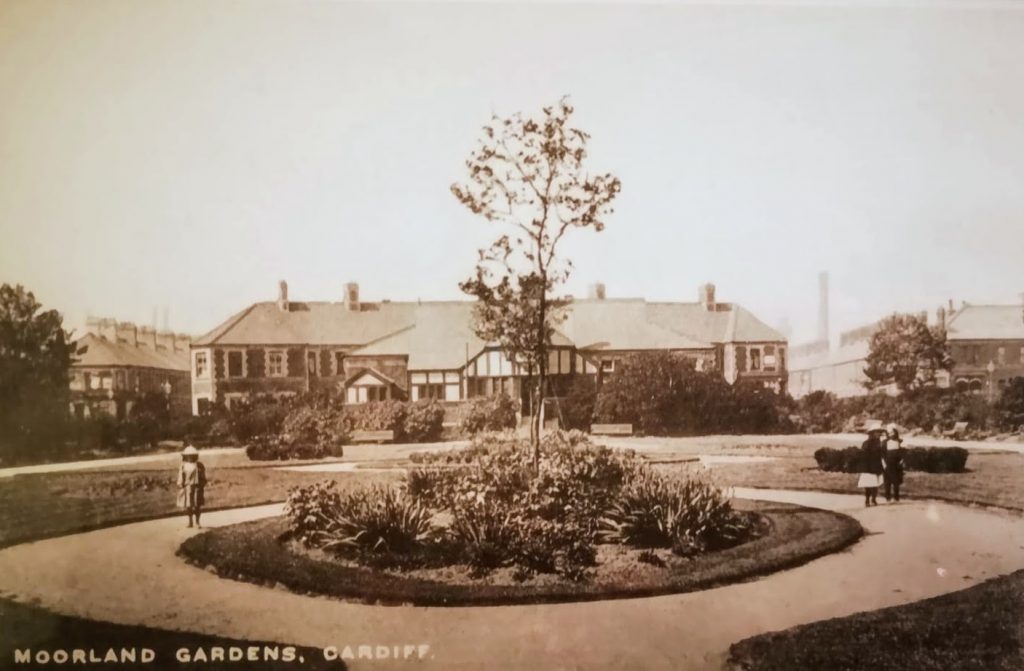
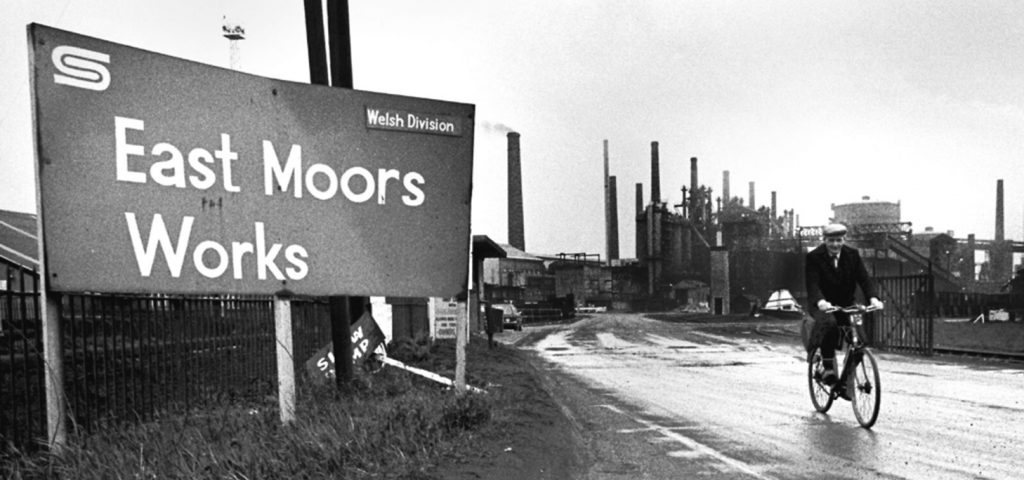
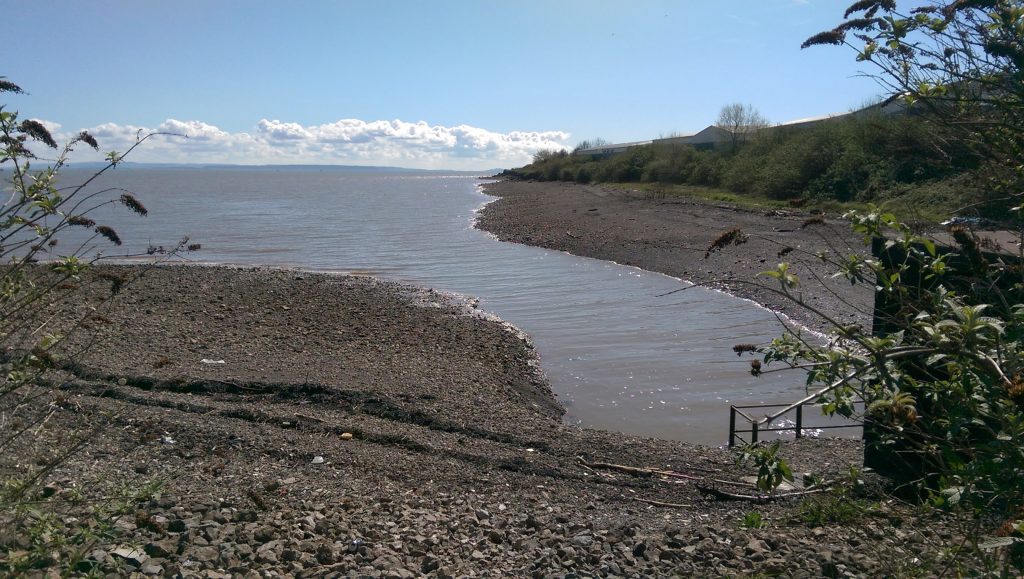
There are also lost areas of Splott, that Ms Thomas would like to see included, such as Lower Splott.
There were 17 streets bulldozed in Lower Splott, in the 1970s, which have now been replaced by industrial units.
Memories of significant people in the area can also be included. For example, Bernice Reubens, the first winner of the Booker Prize, was born in Splott.
This project is in collaboration with Grow Social Capital and More in Common.
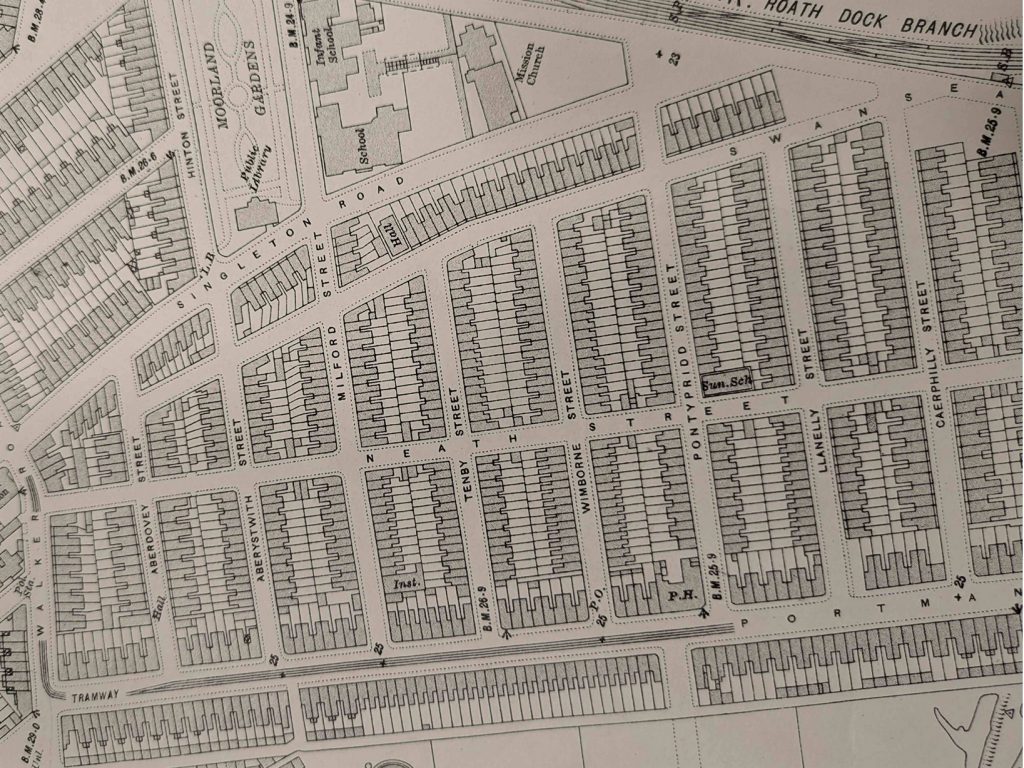
Grow Social Capital is a nonprofit that works to promote social cohesion in South Wales and East London.
More in Common was set up after the murder of Jo Cox MP in 2016 and aims to address polarisation in society.
Old-style bus tours around Splott were held in September to launch the project.
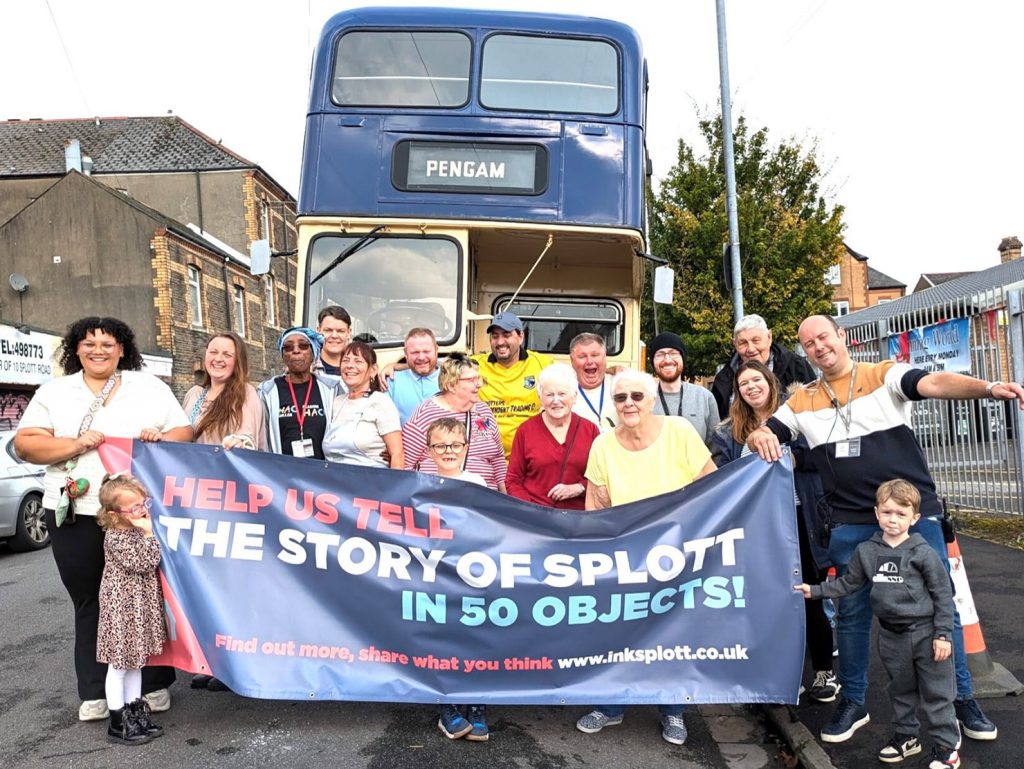
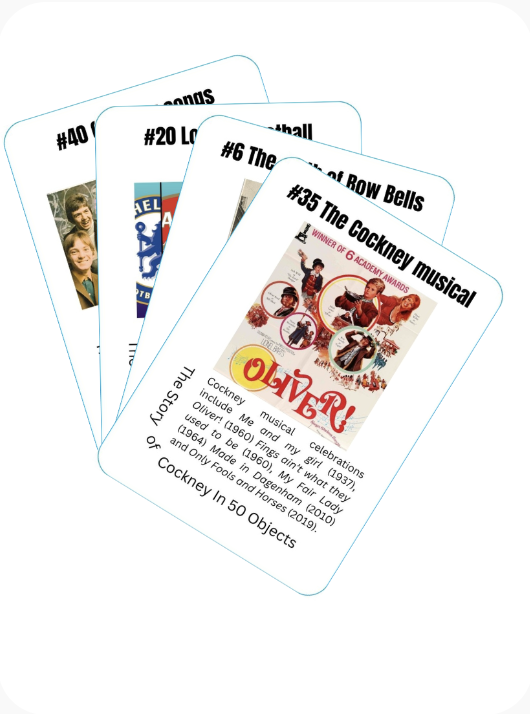
The Museum of the Modern Cockney is a similar project, created by Grow Social Capital in East London.
“For us, the idea of enabling a community to tell its story through the 50 objects is a simple, yet powerful tool for responding to complex challenges of building social cohesion and tackling polarisation in modern-day Britain,” said Mr Green.
The curation process will continue until the middle of January and then a curation panel will whittle down the submissions to 50.
A crowdfunder will be started in the new year to fund the project.
For £20 residents will receive one deck of cards and will also pay one forward to a member of the community less able to pay.
If you would like to contribute to the cards, you can fill out this survey or email hello@inksplott.co.uk.


